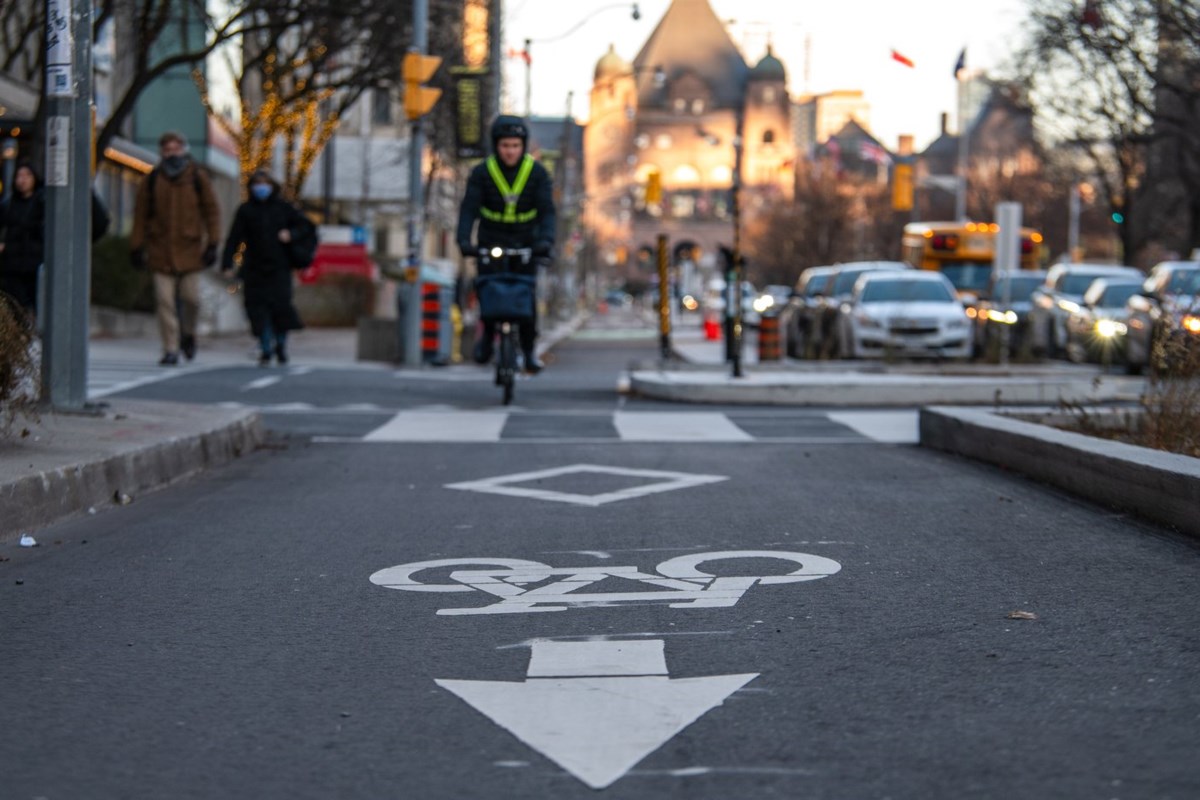Tragic Death Toll Rises in Central Nigeria Amidst Escalating Violence

In a heart-wrenching turn of events, preparations are underway for the funeral of a man who was tragically killed during a brutal attack carried out by armed assailants in the Zike farming community, located in north-central Nigeria. This attack, which occurred on Tuesday, April 15, 2025, is part of a larger pattern of violence that has recently engulfed the region.
Earlier this week, gunmen claimed the lives of at least 56 individuals in central Nigeria's Benue state, according to an alarming update released by the governor's office on Saturday. This number marks a sharp increase from an earlier estimate of 17 casualties, highlighting the devastating impact of the violence.
Governor Hyacinth Alia attributed these heinous acts to "suspected herdsmen," amidst ongoing clashes between nomadic cattle herders and local farmers over land usage. Such conflicts are not uncommon in central Nigeria, where the struggle for land often takes on a religious or ethnic context. The herders, predominantly from the Muslim Fulani ethnic group, frequently find themselves in conflict with farmers who are mainly Christians. This volatile region, often referred to as Nigeria's Middle Belt, has seen similar tensions escalate into violence, particularly following two recent attacks in neighboring Plateau state earlier this month, which resulted in the deaths of over 100 people.
Solomon Iorpev, the media advisor to Governor Alia, confirmed the grim news to AFP, stating, "The death toll has jumped to 56 from the attacks as at the last count." Iorpev also indicated that the toll may rise further as search-and-rescue operations are still underway.
Following these violent incidents, security forces have been deployed to the area in an attempt to restore order. The government-owned News Agency of Nigeria reported that the defense minister was visiting Plateau state over the weekend to assess the situation.
The recent wave of attacks in Plateau state, which has resulted in the death of more than 50 individuals in just two districts, marks a significant escalation in violence. Local authorities have suggested that these killings could be characterized as a "genocide" facilitated by terrorists. However, critics argue that such rhetoric often obscures the underlying issues at play, such as ongoing disputes over land ownership and the failure of local authorities and law enforcement to effectively manage the situation.
According to research conducted by SBM Intelligence, since the beginning of 2019, these clashes have resulted in over 500 fatalities in the region, displacing approximately 2.2 million people. A local herder group has condemned the killings in Plateau state, while also acknowledging that its own members have been targeted by farmers.
In recent decades, the tensions in Plateau state have been exacerbated by a combination of factors, including land grabbing, political and economic rivalries between local "indigenes" and those deemed outsiders, as well as the influx of radical Muslim and Christian preachers. These elements have deepened the divisions within the community, making it increasingly challenging to achieve peace.
In the face of this violence, weak policing has led to indiscriminate reprisal attacks, further complicating an already volatile situation. The competition for land is intensifying as climate change and human encroachment continue to put pressure on the areas traditionally used by both farmers and herders.
"Benue is strategic for Nigerian food security," Iorpev emphasized, calling on the federal government to intervene and help stabilize the region before further tragedies unfold.


























